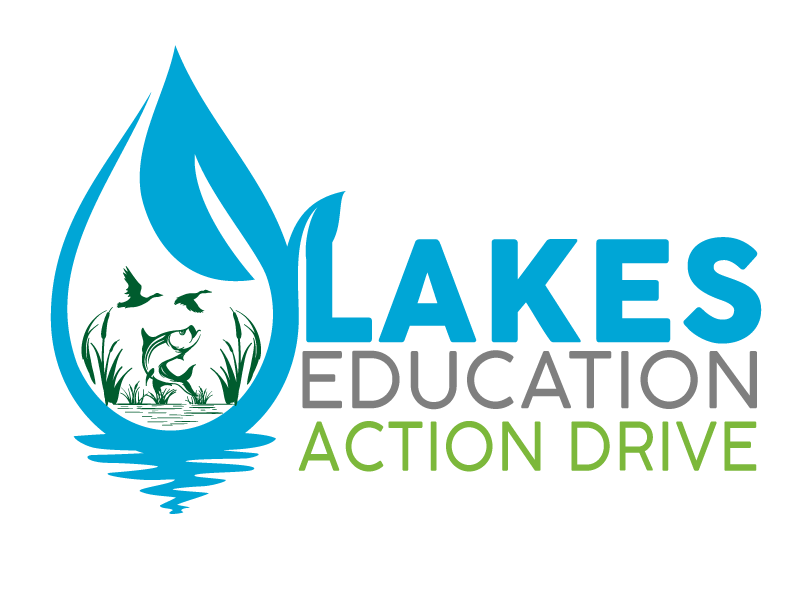Lake Care 101 from LE/AD
THE PROBLEM:
Our lakes are filling in from erosion and are being degraded from the nutrients washed into them from our homes and businesses. Harmful materials which are deposited into gutters, storm drain systems, and eventually our lakes, cause algae blooms and fish kills.
THE SOLUTION:
We can take 14 simple and easy precautions that will save (1) our lakes and (2) a lot of tax money that we would need to restore them.
1. Don’t Litter
The trash, food wrappers, and litter scattered around our streets can get into lakes and cause harm to fish and wildlife.
2. Fertilize And Spray Carefully
These substances can be very detrimental to lakes because they are carried to lakes by storm water runoff. When fertilizers and pesticides are applied to lawns, keep them out of the driveway and street. Most people fertilize and spray more than necessary. Native plants reduce the need for chemicals and frequent watering.
3. Be Careful With Grass And Leaves
Grass and leaves can add nutrients and fill in the lakes, so don’t blow or wash them into the street, but instead bad them or start a mulch pile.
4. Clean Up After Pets
Pet droppings add to the pollution that harms our lakes. Cleaning up after pets is the considerate and most responsible thing to do.
5. Wash Cars And Boats In The Yard
If vehicles are washed on a paved surface the detergents used can run into the street and wind up in the lake. Detergents add nutrients to lawns instead of lakes if cars and boats are washed on grass.
6. Protect Against Erosion
Exposed soil on construction sites and dirt storage areas can wash in to the storm drains which run into the lakes. Make sure barriers are erected to prevent this from happening.
7. Be A Responsible Boater
Oil, gasoline, and trash deposited in lakes by boaters are harmful. Also, do not operate boats close to shoreline where waves can erode shoreline and disturb wildlife.
8. Use Lake Friendly Surface Covers
Non-hard surfaces, such as porous ceramics, stone, gravel, and mulch.
9. Keep Septic Tanks And Drains Buffered From The Lakes
Keep them away from the water’s edge and make sure that they are maintained and in proper working order.
10. Conserve Water
All of our water resources are interconnected. Using less water in homes, yards, businesses and for agriculture can help. Observe watering guidelines. Consider connecting rain water in a cistern for watering plants, washing and bathing.
11. Maintain Lakefronts
Aquatic plants provide habitat, food and shelter for fish and wildlife. Plants also reduce erosion and filter storm water runoff which helps to enhance water quality. Open areas can be cleared for boating and swimming, but aquatic vegetation should be maintained.
12. Properly Maintain Vehicles
Automobiles and other vehicles that leak oil, gas, grease and fluids pollute lakes when these materials are washed into the lakes by storm water. Keep driveways and parking areas clean by wiping up drip areas and spills.
13. Report Suspicious Activities
Keep an eye out for activities that might be harmful to lakes. Chemical spills or dumping, wetland destruction, wildlife harassment, fish kills, or any other suspicious activity, should be reported to your local environmental officials.
14. Get Involved
Join local environmental organizations, and become involved in the political decision-making process so that local leaders understand lakes are important to our quality of life. Be aware and don’t be afraid to take action and become involved.








